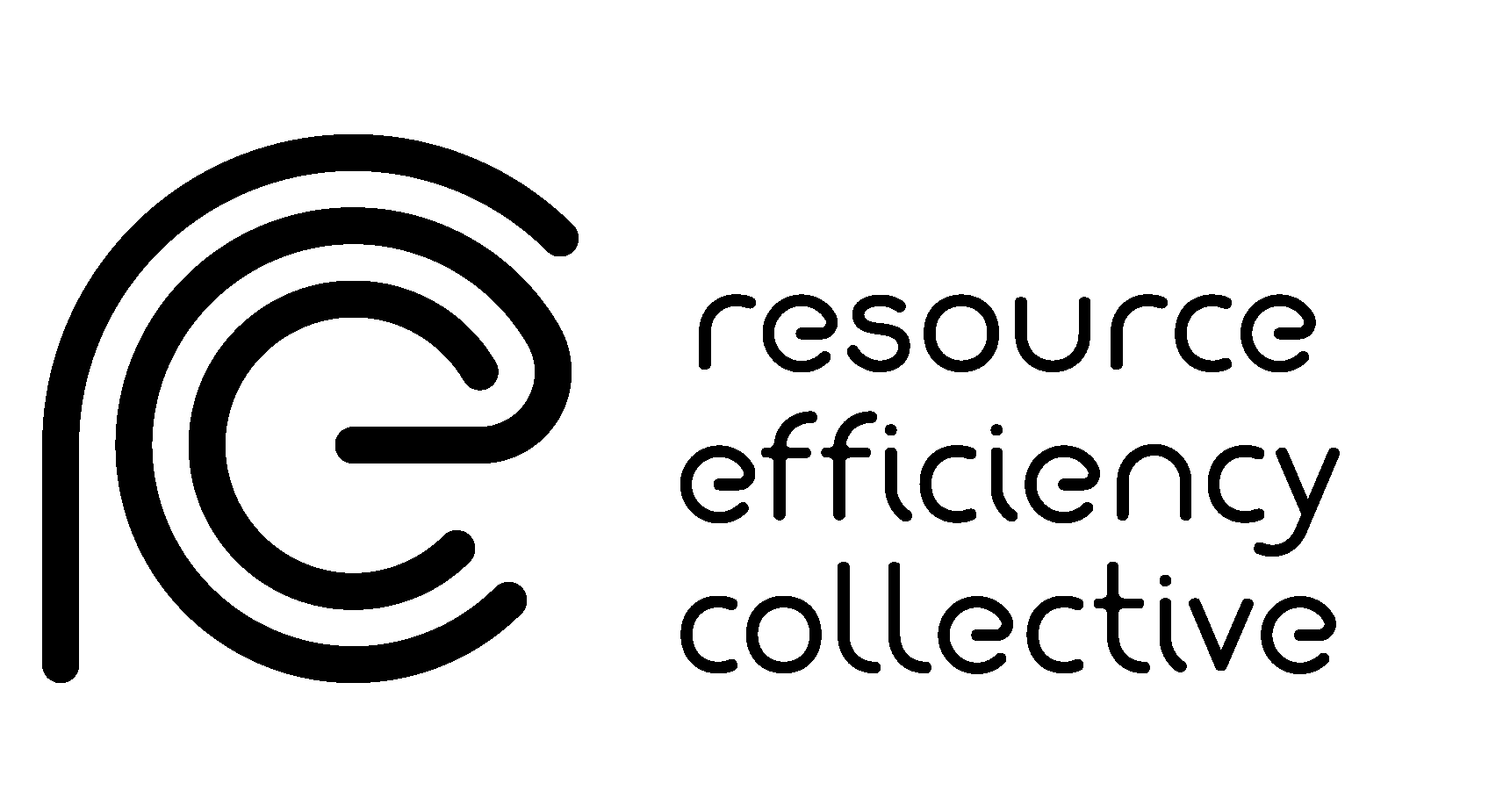Planet Positive Chemicals: How To Transform The Chemical Industry For A Sustainable Future
Systemiq and the University of Tokyo have released a new report charting the route to a more sustainable chemical industry entitled Planet Positive Chemicals: Pathways for the chemical industry to enable a sustainable global economy. Refficiency’s Professor Jonathan Cullen was part of the Expert Panel and Fanran Meng also worked with the team publishing the report.
Chemicals make modern life on the planet possible: from the nitrogen fertilisers that underpin global food production to the toothbrushes we use in the morning and the clothes we wear. However, the industry currently also poses multiple threats to planetary life. Plastic waste pollutes our oceans and the sector is responsible for high volumes of carbon emissions. The chemical sector contributes trillions to global GDP, but it also contributes approximately 17% of global industrial carbon emissions.
The industry has a choice: to continue with business-as-usual, or to transform itself to deliver a more sustainable environmental and economic future. The Planet Positive Chemicals report outlines the ways in which the sector currently harms the planet, and offers a vision of a more sustainable future for the industry with ten practical steps to pave the way.
Today, the chemical industry has multiple harmful impacts on the planet.
The report estimates that if the chemical sector continued to operate as it does today, it would be in line with IPCC projections for a world that is 4 degrees warmer. Carbon emissions are released at every stage of the life cycles of chemical products. The industry relies heavily on fossil fuel feedstocks and emissions-intensive processes for manufacturing chemicals.
After production, chemical products can still be harmful to the environment. The report finds that 57% of fertiliser is not taken up by plants, and much of this runs off into local water sources where it can cause issues such as eutrophication. 41% of plastic also leaks into the environment or is burned, releasing its carbon back into the atmosphere. Despite these impacts, only 17% of chemical companies have a scientifically informed emissions reduction target.
However, there is potential to build a planet positive chemical sector by 2050.
The authors outline a blueprint for the future of the industry in which 82% of carbon feedstock comes from non-fossil fuel sources and 500 million tons of carbon are sequestered each year by the non-ammonia chemical industry. They then argue that it is possible to more than double chemical production through a net zero economy whilst also reducing demand by 29-31% by pursuing circularity, scaling up both mechanical and chemical recycling. These changes could significantly mitigate the sector’s environmental impacts, but they could also bring economic benefits, creating an estimated 29 million jobs.
The report makes 10 recommendations for starting the transition to a more planet positive chemical industry.
The practical steps they outline span the different stakeholders and aspects of the chemical sector. These ten actions are urgent if the sector is to minimise its harmful impacts, begin to produce planet positive chemicals, and help achieve wider global sustainability goals.
- Establish first movers coalition(s) to seed low-emissions chemicals market
- Establish global charter of transition principles
- Chemicals industry to advocate for a net zero enabling policy framework
- Scale circularity
- Switch production from fossil to renewable feedstock sources
- Retrofit legacy infrastructure
- Abate end of life chemicals
- Digitize the value chain and disclose key environmental system data
- Fast track critical innovations to commercial scale
- De-risk large-scale financial investment
The team behind the report are holding a virtual discussion on the 10th October 2022, bringing together experts from Systemiq and the Center for Global Commons, business leaders, and policymakers to talk about what must happen next.
Find out more and read the full report: Planet Positive Chemicals: Pathways for the chemical industry to enable a sustainable global economy.
Photo credit: Lukas Lehotsky













